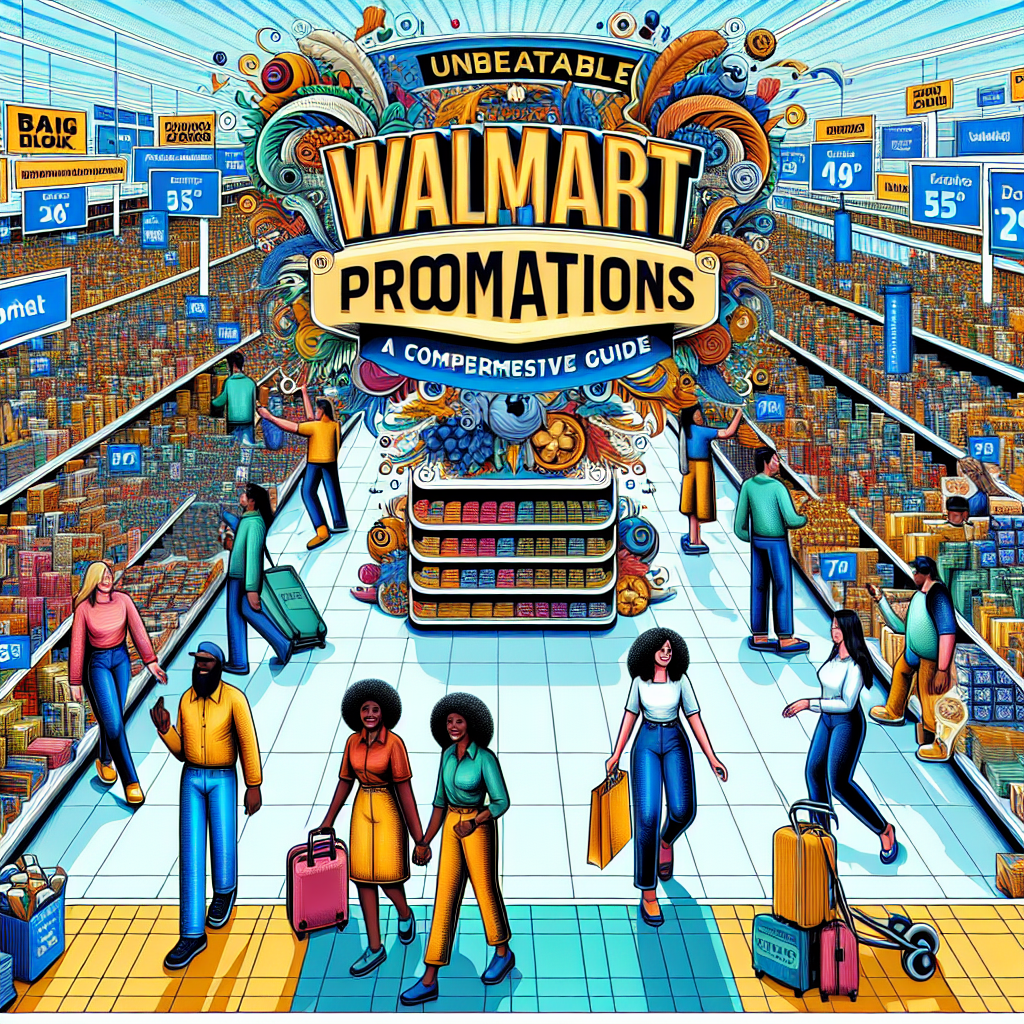Pop music has long been a pivotal part of our culture, shaping the musical landscape with its catchy melodies, captivating rhythm, and often, relatable lyrics. These lyrics tell stories, evoke emotions, and at times, provoke thought. Today, we embark on a continuous journey, exploring the fascinating evolution of pop music lyrics across the decades.
Early Pop Era: 1950s – 1960s
The birth of pop music in the 1950s came with lyrics that were simple and light-hearted. The aim was to create feel-good tunes that could easily be sung along to, and this was reflected in their straightforward and often repetitive lyrics revolving around themes of love, youth, and joy.
The Revolution: 1970s
The 1970s was a decade full of sociopolitical movements, and the lyrics of pop music started to reflect this change. Lyrics became more introspective and political, tackling issues such as war, civil rights, and sexism. This era marked the beginning of using pop music as a platform for social commentary.
Materialism and Glamour: 1980s
The lyrics in the 80s saw a departure from political themes, shifting towards materialism and glamour. This was the era of the MTV, when music visuals started to play a crucial role. Lyrics often talked about fame, fortune, and partying.
Troubled Times: 1990s
The 1990s were marked by lyrics reflecting disillusionment and angst. With the economic crisis, war, and social unrest, the tunes took a more introspective turn. Artists like Nirvana, Oasis, and Alanis Morissette were sincere and direct in their lyrics, expressing a gritty honesty that resonated with many listeners.
Digital Age: 2000s and Beyond
The dawn of the digital age in the 2000s brought about a change in pop musical lyrics yet again. Autotune, social media, and digital technologies had a significant impact. This era saw the resurgence of love songs, dance tunes, and party anthems. As we moved forward, songs started exploring themes of self-empowerment, mental health, and individualism. Modern pop music lyrics have now begun to examine complex social issues, including gender equality and LGBTQ+ rights.
Over the decades, pop lyrics have been a reflection of society and its changes. Moving through simple love songs to socially charged anthems, lyrics have continued to evolve, in tandem with our evolving culture. The power of pop lyrics extends far beyond just creating hits – they can challenge norms, provoke thoughts, and encourage change. As we continue to move forward in a world marked by continuous change and development, it’s indisputable that pop music lyrics will follow suit, evolving in ways we may not yet anticipate.
FAQs
- 1. How have pop music lyrics evolved over the decades?
- 2. What influenced the lyrics of the 1970s pop music?
- 3. How did the MTV era change the lyrics of pop songs?
- 4. How did the digital age influence pop music?
- 5. What role do pop music lyrics play in society?
Pop music lyrics have evolved from simple tunes and light-hearted themes to tackling more complex, deeper issues revolving around society and personal experiences.
The 1970s pop lyrics were majorly influenced by the sociopolitical atmosphere of the time, often reflecting ideologies related to civil rights, war, and sexism.
The MTV era brought glamour and fame into focus. As visuals became important, lyrics started to document fame, fortune, and partying.
The digital age modernized pop music, introducing autotune and allowing musicians to reach global audience through social media. Consequently, a diversity in themes, like self-empowerment, mental health, and individualism started to emerge.
Pop lyrics can challenge norms, provoke thought, and influence society. They serve as a reflection of societal thoughts, feelings, and changes.
